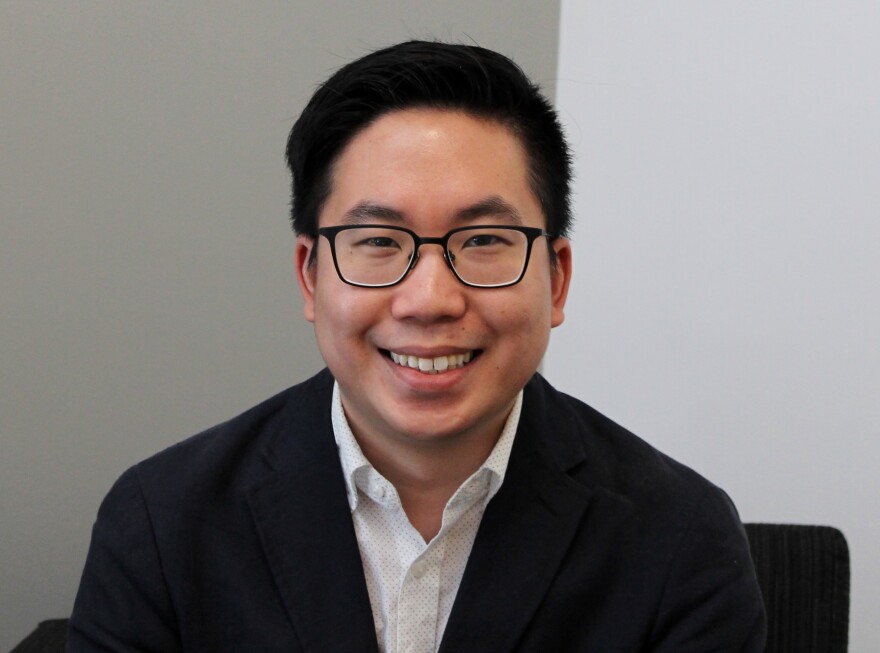In April, the arrest of two black men at a Starbucks store in Philadelphia sparked outrage across the U.S. The incident prompted the company’s announcement that it would close thousands of stores for one afternoon this spring in order to conduct nationwide training on implicit biases.
As that training got underway on Tuesday, St. Louis on the Air host Don Marsh talked with Washington University’s Calvin Lai, who is the director of research for Project Implicit.
An assistant professor of psychological and brain sciences, Lai is interested in thoughts and feelings outside of conscious awareness or control. Those thoughts and feelings can influence how we make sense of and judge other people, Lai said, and are reflective of “both the culture and the person.”
“A lot of these implicit biases seem to form from a lifetime of experience with exposure to cultural stereotypes,” he explained. “But at the same time, they kind of reflect your personal experiences as well – the family that you grew up with, the friends that you have, the types of movies and TV shows that you watch.”
Lai’s recent commentary on implicit-bias training – exploring the research behind it as well as its limitations and possibilities for reducing racial discrimination and bias – was published in The Conversation.
He said that most of his own research is focused on whether these biases can be changed or undone.
“It seems that it’s very difficult to change them intentionally,” Lai said of his observations. “The efforts that do seem to work involve kind of long-term, everyday contact, such as having, for example, a roommate of another race. But simple little things like just watching a single movie or television show is unlikely to change these implicit biases in the long term.”
As for the potential impact of this week’s Starbucks training, Lai suggested thinking of it as “educational sessions.”
“It might teach people what these implicit biases are, get motivated to address them and potentially give them some strategies to deal with them,” he speculated. “But just like a one-hour lecture or a 30-minute radio show, it’s not going to change the world. It’s just going to at least open up and perhaps start a conversation.”
Still, Lai said, the training “could actually lead to real, bona fide changes” as part of a longer-term initiative aimed at addressing diversity and inclusion.
St. Louis on the Air brings you the stories of St. Louis and the people who live, work and create in our region. St. Louis on the Air host Don Marsh and producers Mary Edwards, Alex Heuer, Evie Hemphill and Lara Hamdan give you the information you need to make informed decisions and stay in touch with our diverse and vibrant St. Louis region.




